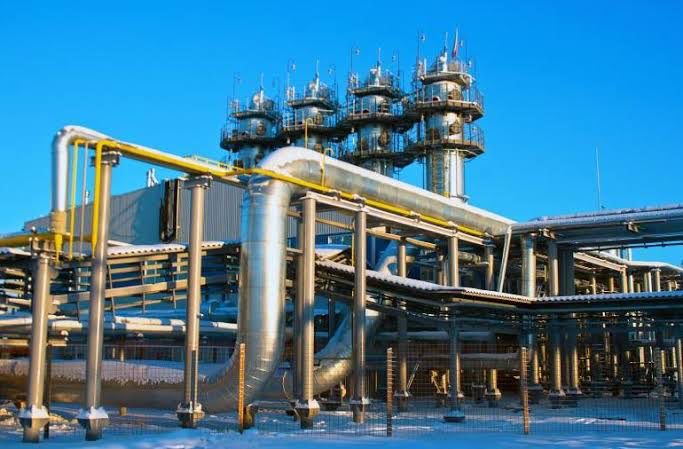Ghana has welcomed the start of operations at its second refinery, a project that aims to reduce the country’s dependence on imported petroleum products and create more jobs in the domestic energy sector. The refinery, located in the Heavy Industrial Area of Tema, about 30 km east of the capital city of Accra, is owned by Sentuo Oil Refinery Ltd. (SORL), a subsidiary of privately held Chinese conglomerate Sentuo Group.
The refinery was built in two phases, each with a capacity of 2 million tonnes per year (tpy) of crude oil processing. The first phase was commissioned on Jan. 26, 2024, while the second phase is expected to be completed and operational by the end of the year, according to Ghana’s President Nana Addo Dankwa Akufo-Addo. The refinery will process light crudes from Saudi Arabia, Kuwait, and Nigeria, and produce a range of petroleum products, including gasoline, diesel, LPG, benzene, aromatics, xylene, sulphuric acid, acrylic, polypropylene, bitumen, and fuel oil.
The refinery is part of a public-private sector partnership under Ghana’s broader industrialization agenda, which seeks to strengthen the domestic economy and increase its competitiveness in the global market. Akufo-Addo said the refinery will help meet 97% of Ghana’s demand for finished petroleum products, which currently relies on foreign sources. He also said the refinery would create additional jobs, boost the manufacturing sector, and support the government’s Made-in-Ghana initiative, which prioritizes local production from local resources.
The refinery project is one of several investments that Sentuo Group has made in Ghana since 2010 when it established its first steel factory in the country. The group has also invested in cement, ceramics, furniture, and real estate sectors, creating over 3,000 direct and indirect jobs for Ghanaians. Sentuo Group’s chairman, Liu Xianfeng, said the refinery is a demonstration of the group’s commitment to Ghana’s development and its confidence in the country’s business environment.
The refinery is also a sign of the growing cooperation between Ghana and China in the energy sector. In 2019, Ghana signed a $2 billion deal with China’s Sinohydro Corporation to exchange bauxite for infrastructure projects, including roads, bridges, hospitals, and power plants. In 2020, Ghana received a $560 million loan from China Development Bank to finance the development of its natural gas infrastructure. China is also one of Ghana’s largest trading partners, with bilateral trade reaching $7.25 billion in 2019, according to the Chinese Embassy in Ghana.
The refinery’s commissioning comes at a time when Ghana is facing some challenges in its energy sector, such as power outages, high tariffs, and debt accumulation. The country’s only other refinery, the state-owned Tema Oil Refinery, has been inoperable for several years due to technical and financial difficulties. Akufo-Addo said the government is committed to restoring operations at the 45,000-b/d refinery but did not provide any details on the proposed revitalization plan.
Despite these challenges, Ghana remains one of the most stable and prosperous countries in Africa, with a GDP growth rate of 4.2% in 2023, according to the World Bank. The country is also a leader in the region’s efforts to promote regional integration and trade, as it hosts the secretariat of the African Continental Free Trade Area, which came into effect in 2021. With the addition of the new refinery, Ghana hopes to enhance its energy security and economic development, as well as contribute to the global energy transition.
Source: Oil & Gas Journal



